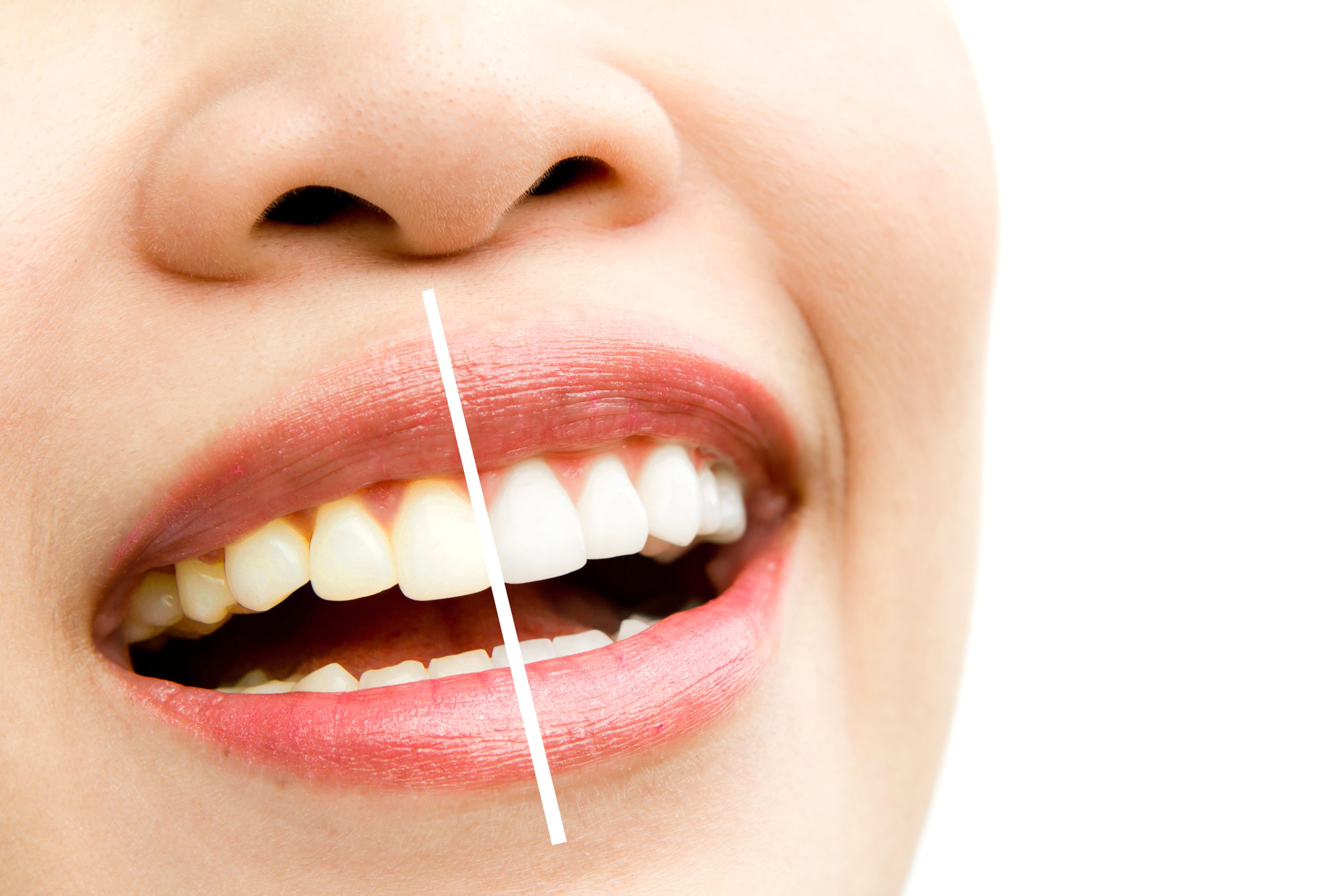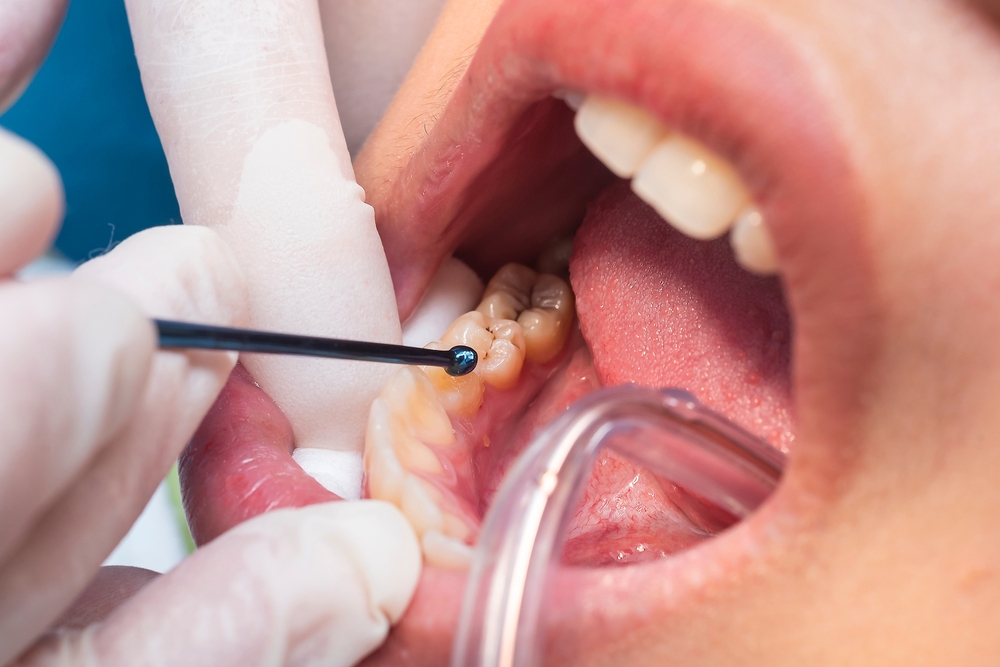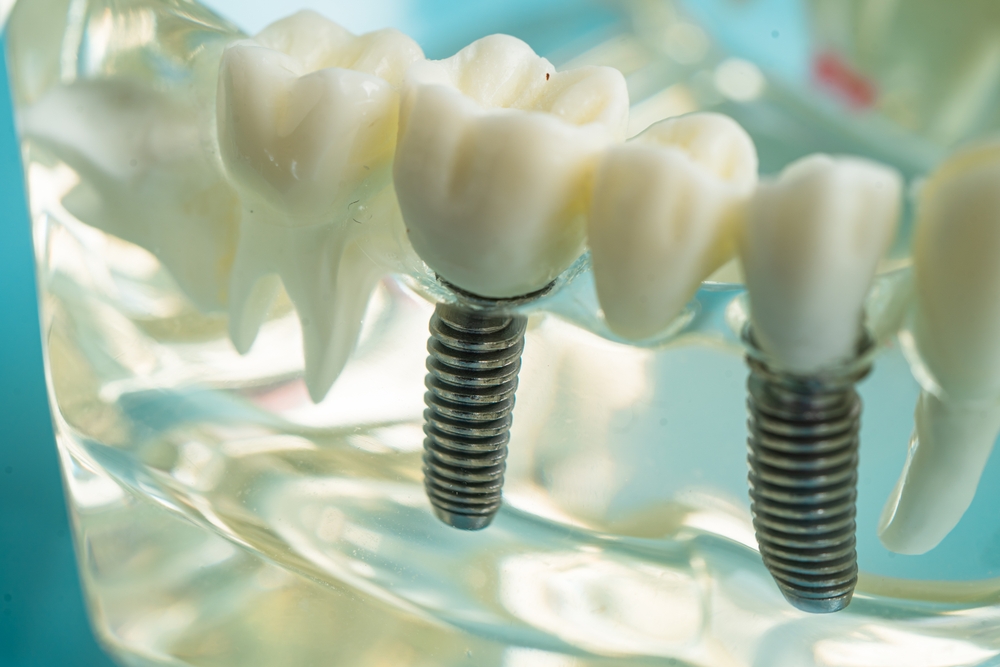Missing teeth are not just something that only worries your smile; they can even lead to loss of bone in your jaw. When a tooth is missing, the jawbone that lies beneath it slowly dwindles. This happens when the bone is no longer stimulated by the tooth root. Dental implants are a long-term therapy that not only restores missing teeth but also improves the strength and density of the jawbone.
In this article, we will explore how getting dental implants at a professional dental office in Toledo can prevent bone loss and why they are considered the best tooth replacement option for long-term oral health.
Understanding Bone Loss in the Jaw
To stay healthy, your jawbone needs the pressure and stimulation that chewing provides. When a tooth is lost, the bone beneath it no longer receives stimulation. As a result, the body begins to degrade and reabsorb bone tissue in that location.
Over time, bone loss can result in:
- Bone loss can cause changes in facial contour (sunken or aged appearance).
- Shift of neighbouring teeth
- A weaker jawbone makes future dental treatments more difficult.
The longer a tooth is missing, the more bone loss occurs. This is why replacing missing teeth as soon as possible is crucial.
How Dental Implants Prevent Bone Loss
Dental implants are the only tooth replacement method that integrates directly into the jawbone. Implants work similarly to natural tooth roots, as opposed to dentures or bridges, which sit on the gum surface. Here’s how they can prevent bone loss:
1. Stimulating Bone Growth
Implants are made of titanium, a biocompatible substance that merges with the jawbone via a process known as osseointegration. This fusion activates the bone, keeping it healthy and preventing degeneration.
2. Maintaining Facial Structure
As the jawbone loses its strength, it can give a sunken or aged look. Because the implants cause stimulation of the bone, they preserve the shape of the bone intact, with facial contours and avoiding premature aging.
3. Preventing Teeth from Shifting
When there is an empty space due to an absent tooth, the adjacent teeth shift into the gap. Misalignment is produced due to displacement. Biting is impaired irregularly. The adjacent teeth are stabilized by an implant placed in the gap.
4. Enhancing Jawbone Strength
When implants integrate with the bone structure, they enhance its measurable strength. Implant stability from bone fusion provides dental and jaw structural support, which decreases the chance of fractures and tooth loss.
The Long-Term Benefits of Dental Implants
Beyond preventing bone loss, dental implants in Toledo offer several long-term benefits that contribute to overall oral health.
1. Better Chewing Capability
Since implants function as regular teeth, they allow better efficiency in chewing. That means that you are free to consume a varied diet with no restrictions, which is significant in ensuring health and proper nutrition.
2. Better Comfort and Stability
Whereas dentures may slip and lead to irritation, implants do not. This stability makes your speech better, boosts your confidence, and contributes to better living.
3. Long-Term Use and Stability
Dental implants are made to be a lifelong fixture with some maintenance. Where other tooth restorations tend to require retightening or replacement after many years, an implant is not.
4. Protecting Healthy Teeth
Traditional bridges require the adjacent teeth to be filed down for support. Implants, on the other hand, do not rely on neighboring teeth. This means your remaining natural teeth stay intact and healthy.
Is Everyone a Candidate for Dental Implants?
Dental implants can be used by most individuals who are missing teeth, but there are some things that need to be taken into account. A healthy, strong jawbone is needed for implant success. If there has been extensive bone loss, a bone graft may be necessary to rebuild the bone before the implants are placed.
Other factors that may influence implant success include:
- Gum health: Healthy gums are essential for supporting implants.
- Overall health: Diabetes and osteoporosis are two conditions that can have an impact on healing.
- Lifestyle habits: Smoking can impede recovery and increase the likelihood of implant failure.
A dental specialist can evaluate your oral health and determine whether implants are the best option for you.
Restore Your Smile and Protect Your Jaw with Classic Smiles
Dental implants don’t just fill gaps left from missing teeth—they support your jawbone and preserve your facial contours. If you’re interested in implants, a dentist in Toledo can assist. At Classic Smiles, we offer premium dental implants for a natural, long-lasting solution. Stop by our dental office to get back to smiling and feeling confident. Book your consultation today!






